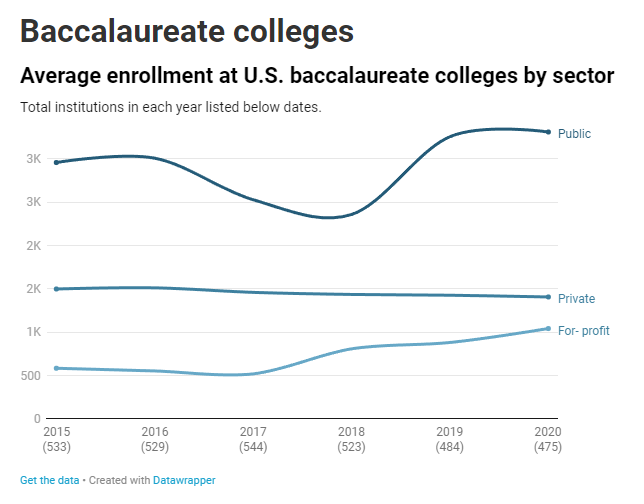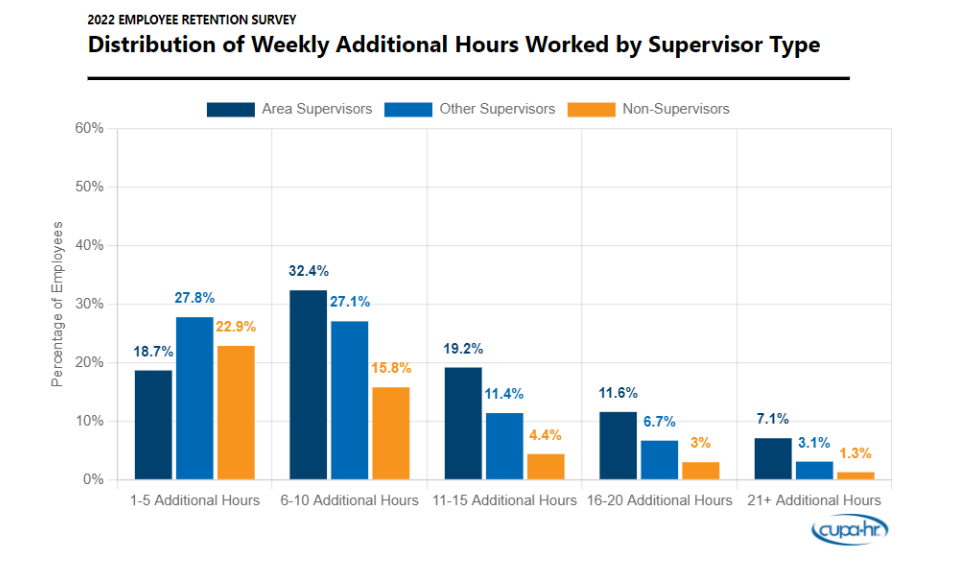Commentary
Happy 2023 to all! I hope your new year and academic term are getting off to a good start. I had an opportunity to speak with Joe Karaganis, the Director of Open Syllabus, before the holiday break. I found the ability to search syllabi by keywords to
be a potentially rich data source for research. The solution is in beta right now with open access. I have included some information from Joe below as an FYI.
“The Open Syllabus Explorer and Galaxy have been online for a couple [of] years. For us, they served as proofs of concept for how to map the higher ed curriculum on a very large scale, drawing on millions of syllabi collected from the web. The new
OS Analytics is the next generation of those tools and represents our effort to create a sustainable, university-supported service that can meet a growing range of curricular (and other) needs. It's currently useful for curricular and course design,
OER metrics and adoption support, curricular trends analysis, helping faculty to take credit for publication with teaching applications, and soon the analysis of learning outcomes. You can play with it for free while it’s in beta. After that,
we will rely on schools to support the work and contribute to a growing teaching archive and collective representation of higher ed.”
- Joe Karaganis
AACRAO Research Update
Call for Volunteers
We are looking for a diverse group of members to serve as AACRAO representatives on a working group to help update the Council for the Advancement of Standards in Higher Education (CAS) transfer student programs review committee. If you are interested, please complete this form. The deadline to apply is 5:00 PM ET on February 3, 2023.
Call for Research Participation from an AACRAO Member
Colleagues,
My name is Kimberley Williams, and I am seeking volunteers to participate in a mixed methods research study as part of my doctoral work at Regent University. Following the arrival of the COVID-19 vaccination in 2021, the American "Big Quit," "Great Reshuffle," or "Great Resignation" has been a phenomenon that has touched every industry, including higher education. This phenomenon, coupled with the fact that about one-fifth of the U.S. population will be 65 or older by the year 2030, presses higher education leaders to address pipeline challenges in key units such as enrollment management (i.e., Admissions, Financial Aid, Bursar, Registrar, Student Success, etc.).
The study's purpose is to identify engagement attributes of enrollment management leaders (below the VP level and with less than 15 years of experience) that are most advantageous in employee retention and succession planning. Each participant will be asked to complete the free 17-item Utrecht Work Engagement Scale (UWES-17S), and a subset of participants will participate in a semi-structured interview (virtual). Interviews will be recorded and transcribed. Participant information will be confidential.
All participants will receive a $10 Starbucks gift card. If you are interested in learning more about this study, please contact Kimberley Williams at kimbw22@mail.regent.edu or complete this survey by February 7, 2023.
Thank you,
Kimberley Williams
2022 Chief Admissions Officer Career Profile
NACAC joined us on this project right before the holidays. We sent the survey invitation to their membership as we did in 2019. We received 374 responses from U.S. chief admissions officers (CAdO). The survey closed on January 11, and we are currently
working on the analyses. Those signed up to receive AACRAO research updates will receive the report on March 1. An early look at the data indicates that the demographic profile of the average CAdO has stayed the same since 2016 and that most who assume
this position have come from another position in admissions.
February 2023 60-Second Survey
We are partnering with Ad Astra for the February 60-Second Survey; the deployment period will begin on January 30 and end on February 3. The focus of this survey is measures
of effectiveness for the undergraduate class schedule. The intended market is individuals familiar with the practices and policies associated with building the undergraduate class schedule (i.e., - working with chairs/deans on the number of courses
offered, assigning faculty, classrooms, etc.).
Future Research
We will engage with UPCEA and Modern Campus to investigate the relationship between continuing and professional education and the registrar’s office starting after the AACRAO Annual Meeting. We anticipate that the 2023 Chief Enrollment Officer Career
Profile Survey will deploy late in the second quarter.
Current Higher Education Research and Related Topics
New Data From Educause Reveals How Institutions Manage Software
In a recent poll, Educause examined how institutions manage their software assets. This action is in response to the challenge many institutions face that offer and support a wide range of software. One of the key questions
asked was what kind of Software Asset Management (SAM) tools institutions use. The article offers data on both challenges and promising practices in this area. This short video shows some of the benefits of SAM tools.
Analysis of Higher Education Enrollment Shows Difference by Carnegie Classification
An article in The Chronicle of Higher Education briefly examines enrollment across institutions by Carnegie classification. Useful graphs and charts present aspects of the data.

Article Examines Seven Higher Education Trends For The Coming Year
An article in Higher Ed Dive examines upcoming topics that will be important in the coming year. The article seeks to identify emerging issues rather than those focused on the pandemic. The seven areas
identified are:
- financial aid reforms
- student loan forgiveness
- race-conscious admissions policies
- college rankings
- college consolidations
- continuing enrollment problems
- scrutiny of online program management companies
Many Supervisors in Higher Education are Likely to Leave in the Coming Year
In research from the College and University Professional Association for Human
Resources (CUPA-HR), more than a third of supervisors surveyed plan to leave their current job in higher education this year. Less than half would seek opportunities at their current institution. Key reasons identified include:
- high job demands that force additional work hours and working weekends
- increased duties since the pandemic, including increased job expectations and making up for staffing deficits
- challenges filling positions and maintaining morale
- inadequate management training
